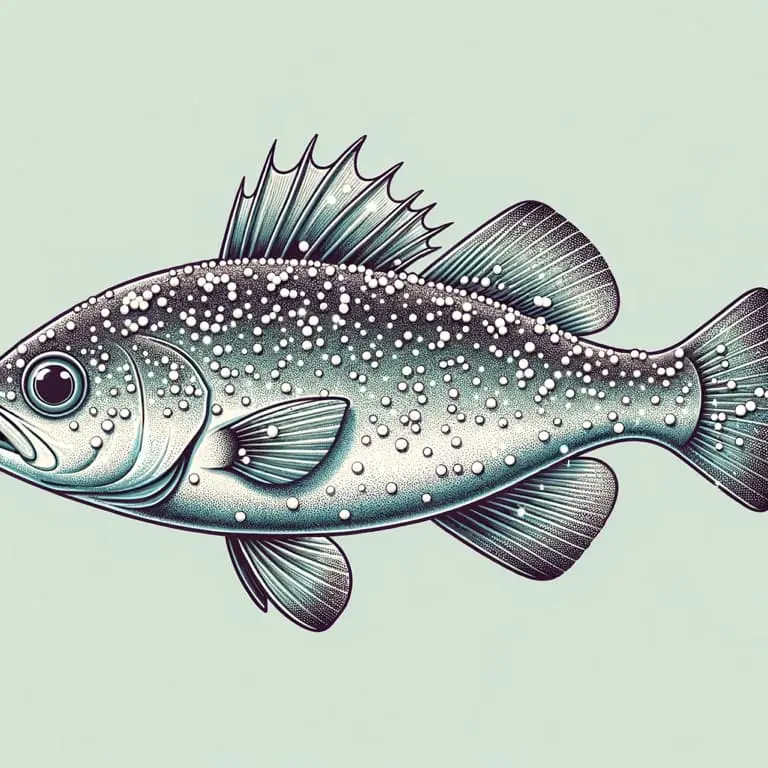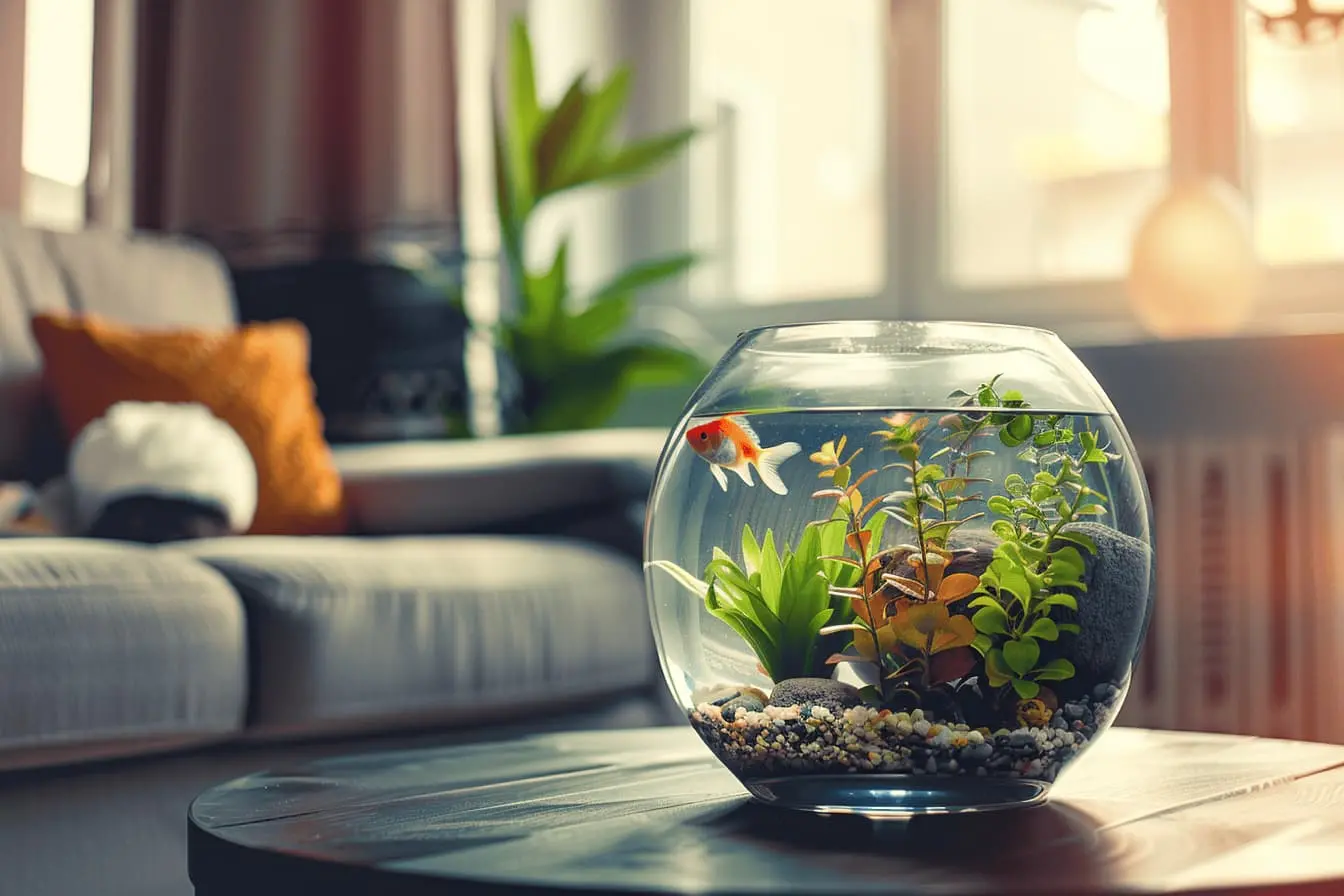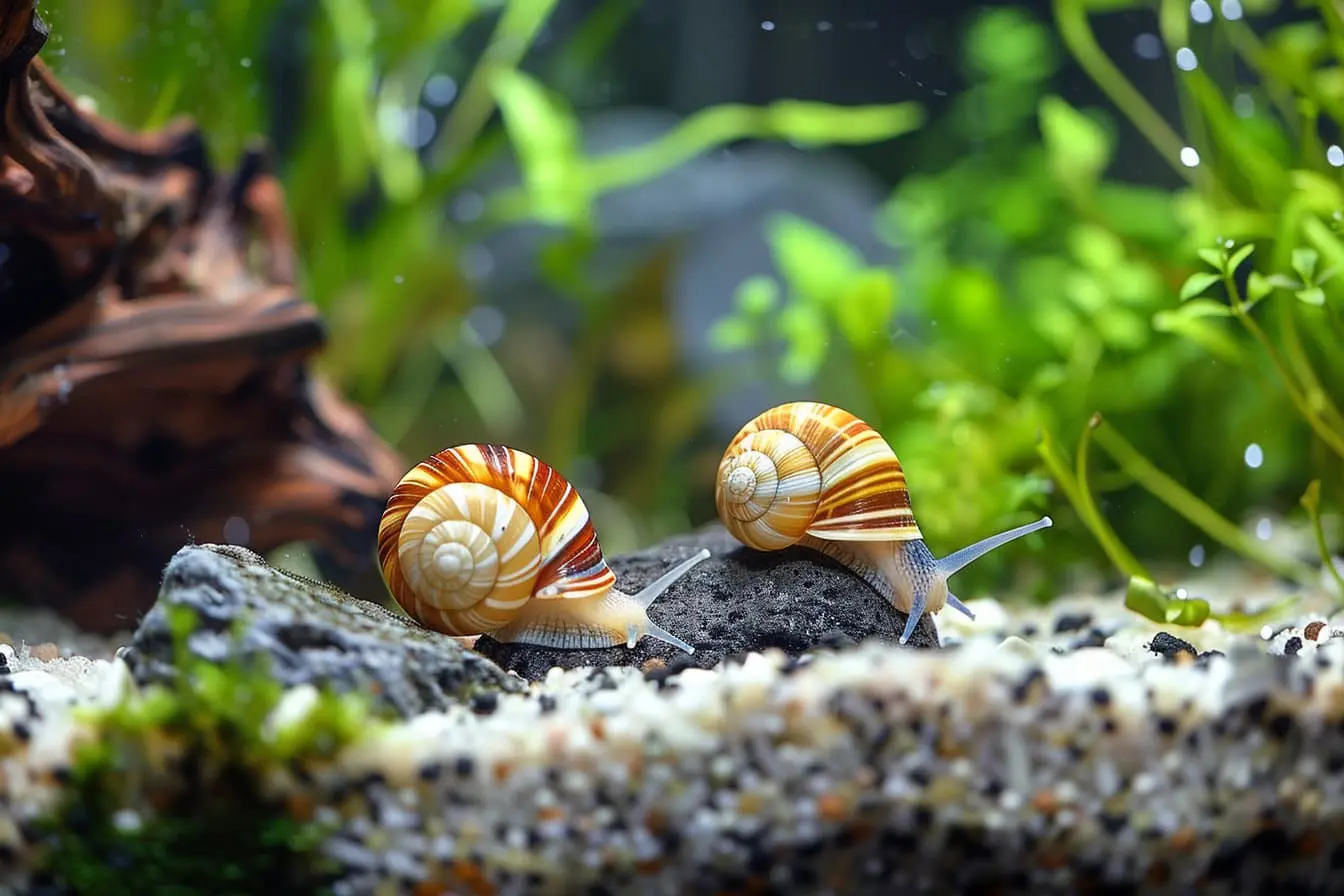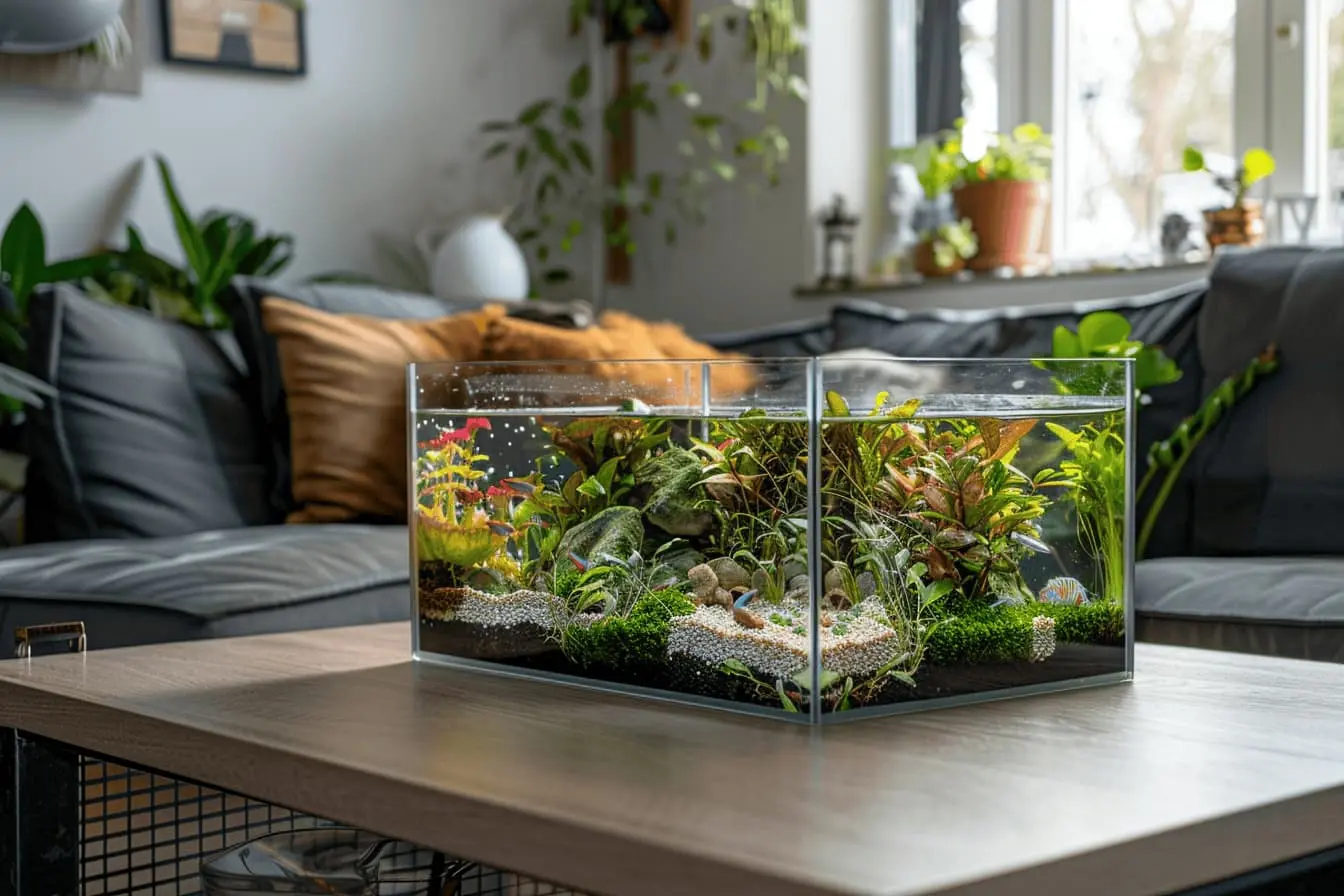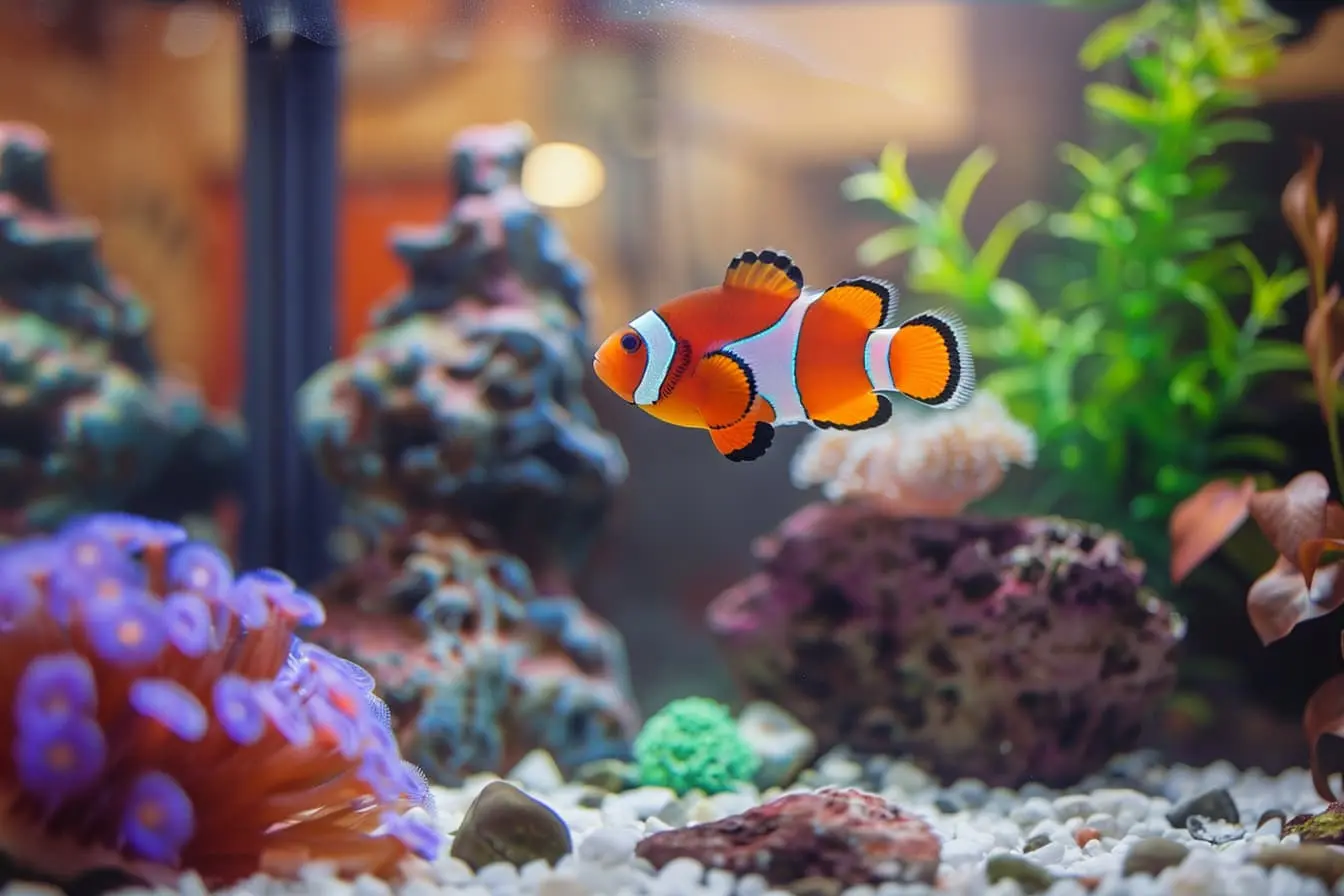
The Beginner's Guide to Keeping Saltwater Aquarium Species
Welcome to the enchanting world of saltwater aquariums, a hobby that brings the beauty and diversity of the ocean into your home. Keeping saltwater species is a rewarding endeavour, but it requires knowledge, patience, and dedication. If you're considering embarking on this journey, here's a comprehensive guide to help you set up your tank, select your species, and ensure their care.
Setting Up Your Saltwater Aquarium
1. Choose the Right Tank Size
Your tank size is crucial because it determines the number and type of species you can keep. A larger tank is more forgiving and easier to maintain balanced water parameters. A good starting point for beginners is a 100 to 200 litre (30 to 55 gallons) tank.
2. Equipment and Filtration
Saltwater aquariums require specific equipment:
- A Good Quality Filter — Consider a canister filter or a sump system for effective biological, mechanical, and chemical filtration.
- Protein Skimmer — Essential for removing organic compounds and keeping the water clear.
- Heating and Cooling Equipment — To maintain stable water temperatures, typically between 24-28°C (76-82°F). Note that the stability of the temperature is more important than the exact value.
- Lighting — Adequate lighting is essential, especially if you plan to keep corals. LED lights designed for reef tanks support coral photosynthesis and enhance the vibrant colors of your tank inhabitants.
- Water Movement — Powerheads or wave makers ensure proper water circulation, simulating natural ocean currents.
3. Live Rock and Substrate
Live rock serves as the main biological filtration in a saltwater tank, hosting beneficial bacteria that break down toxins. The substrate can be live sand or crushed coral, providing a home for additional beneficial organisms.
4. Water Quality and Parameters
Use a high-quality salt mix and distilled or RO/DI (reverse osmosis/deionised) water to prepare your saltwater. Monitor and maintain critical water parameters: specific gravity (1.020-1.025), pH (8.1-8.4), ammonia and nitrite (0), nitrate (<20 ppm), and alkalinity (8-12 dKH).
Selecting Your Saltwater Species
Fish
Start with hardy, beginner-friendly species that are less sensitive to environmental changes. Popular choices include Clownfish, Damsels, and Blennies. Research each species' requirements and compatibility with other tank mates.
Corals
Soft corals are recommended for beginners, such as Zoanthids, Mushroom Corals, and Leather Corals. They are less demanding than hard corals and add incredible beauty to your aquarium.
Invertebrates
Shrimps, snails, and hermit crabs are not just fascinating to watch but also play a vital role in cleaning the tank by eating algae and detritus.
Caring for Your Saltwater Aquarium Species
Feeding - Offer a varied diet suitable for your specific species. Most fish thrive on a combination of high-quality dry foods, frozen or live foods, and seaweed sheets. Corals may require targeted feeding of phytoplankton or specialised coral foods.
Routine Maintenance - Regular water changes (10-20% every two weeks) are crucial to remove toxins and replenish trace elements. Clean the glass, substrate, and decorations to prevent algae buildup. Test water parameters weekly to ensure they remain stable.
Observation - Daily observation of your tank's inhabitants is key. Look out for signs of stress, disease, or aggression among tank mates. Early detection allows for prompt action to resolve any issues.
Community Support - Join online forums, social media groups, or local aquarium clubs to connect with other enthusiasts. The saltwater aquarium community is incredibly supportive and a great resource for advice and inspiration.
Conclusion
Creating a thriving saltwater aquarium is an art and science that brings immense satisfaction. By carefully selecting your equipment, species, and committing to regular care, you'll develop a thriving marine ecosystem that's a joy to behold. Remember, patience is your best ally in this hobby. Take your time to research, observe, and learn from your experiences. Welcome to the rewarding world of saltwater aquarium keeping!
Vets near you
Speciality vets
- Aquatics vet specialists
- Birds vet specialists
- Camelids vet specialists
- Cats vet specialists
- Cattle vet specialists
- Deer vet specialists
- Dogs vet specialists
- Equines vet specialists
- Exotic vet specialists
- Goats vet specialists
- Pigs vet specialists
- Poultry vet specialists
- Sheep vet specialists
- Small Mammals vet specialists
- Wild vet specialists
Vet facilities
- Accessible by public transport
- Blood testing
- Car park nearby
- Client car park
- Dentistry
- Diagnostic imaging
- Disabled public access
- Flea and worm treatments
- Microchipping
- Mobile services
- Neutering
- Open at weekends
- Out-of-hours service
- Referral interests
- Referrals only
- Street parking outside
- Toilets available
- Vaccinations
